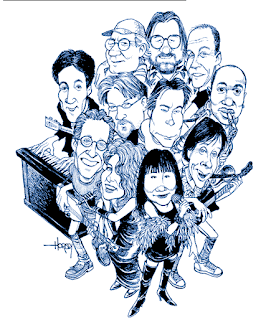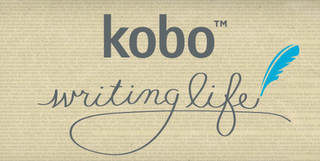 |
| A Character's Needs |
Every character has needs, otherwise they'd be about as interesting as drying paint. So, here are a few points about needs:
1. The bigger and more urgent the need the better
Reading about someone who is slightly thirsty has zero drama, but reading about someone who is on the verge of dying from thirst gives a scene more immediacy. Be sure the solution to the character's problem, the thing that will erase his need, is both clearly described and difficult to attain.
2. Have your character's needs conflict
Let's say that our character--let's call him Joe--needs to drink water in the next hour or he'll die. He knows there's an oasis over the next hill, if he can only reach it before he collapses he'll be okay.
In this scenario we could throw all sorts of obstacles at our character--he trips and twists his ankle, a poisonous snake pops up out of the ground in front of him, and so on--but after a snake or two pops up to bar his way, what next?
How about giving our character a conflicting need? On his way to the oasis--Joe can see it now, shimmering in the air--he meets a damsel tied to a bomb. Joe can defuse the bomb but that will mean he won't be able to get the water he needs to stay alive.
I've provided a hackneyed example, but you get the idea.
3. Give your character different KINDS of needs
Last year I had the pleasure of hearing
Michael Hauge speak; if you ever get the chance I highly recommend it. He talked about inner and outer needs. I'm calling them needs but we could also talk about motives or goals. Whatever it is that gets the character out of bed in the morning and doing something, preferably something interesting.
In our example, Joe has obvious outer needs: don't die of thirst, get water, diffuse the bomb. But what about his inner needs? Here's where things can get tricky because it works out best if (see 2, above) the inner need conflicts with Joe's most pressing outer need.
Perhaps Joe falls in love with our conveniently placed damsel. The problem: if he frees her he'll die of thirst and won't be able to enjoy her love or appreciation. Now we have a situation fraught with tension. This particular example is silly of course, but you get the idea.
Thanks for reading! And remember, keep writing.
Cheers.
Books on writing I recommend.
Recommended Reading:
-
Call For Authors: Write a DEAD MAN Novel
-
Indie vs. Traditional Publishing, Which Should You Choose?
Photo credit:
Peak Oil Blues










